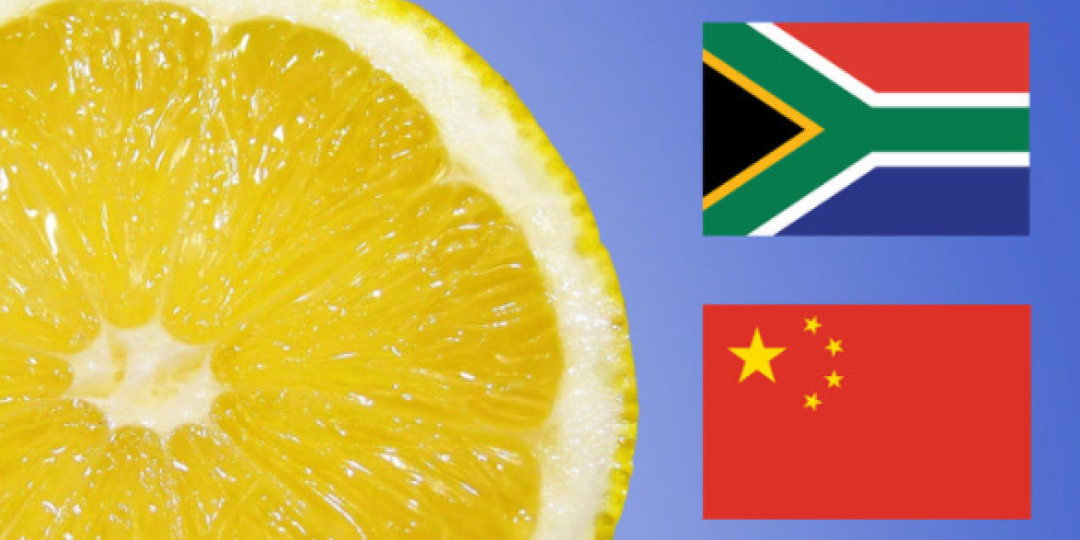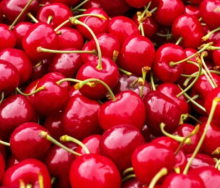South Africa’s first major consignment of lemons headed to China under a new trade protocol was loaded for export at the Maydon Wharf Fruit Terminal at Durban port on Thursday.
Minister of Agriculture Land Reform and Rural Development, Thoko Didiza, and MEC for Rural Development and Agrarian Reform, Nonkqubela Pieters, oversaw the inspection of the first few pallets of 100 000 lemons, produced in Limpopo, before they were loaded onto the vessel.
The Citrus Growers’ Association leadership and Didiza viewed the fruit destined for export on the inspection tables at Maydon Wharf Fruit Terminals, the city’s largest cold storage facility.
CGA CEO Justin Chadwick said the new Chinese lemon protocol, which has been under negotiation since 2015, was an important agreement because it opened up major export opportunities for lemons.
Chadwick said citrus growers had invested R150 million annually in the scientific research that was required to support the government’s work negotiating with China.
The result was the signing of the protocol in 2021, which now allows SA to export lemons at higher temperatures rather than the previously required below freezing temperatures.
“When we look at other citrus, the export of oranges, grapefruit and mandarin has been increasing, but we don’t send any lemons to China, and the reason for that is the cold treatment requirement, which has always precluded lemons because lemons are very susceptible to the cold unlike other citrus types,” he said.
“We have been engaging with the Chinese since 2015 to get this changed because lemon is a non-host for the pest of concern - the codling moth (Cydia pomonella) - and they have recognised that and have increased the temperature. Instead of going at -6 C we can now go at +3C.
“The positive results that we are witnessing today means that the lemon sector of the citrus industry continues to meet its potential, which alone generates in excess of R9 billion in foreign exchange earnings, and keeps 20 000 workers in gainful employment, uplifting rural communities in the Eastern and Western Cape, Limpopo and Mpumalanga provinces, leading to vibrant rural communities and downstream opportunities,” Chadwick said.
The minister and her department had shown” unwavering commitment” to getting the job done and the protocol revised, he added.
“We are sure that the Chinese consumers will benefit from getting access to this healthy fruit, produced at the highest ethical and food safety standards by growers who treasure their position as responsible environmental stewards.”
Didiza said the Asian market was “very promising” for citrus growers.
“We are also looking at the US market, and part of the discussions we are having with the industry is to look at how we can aggressively ensure that we expand our footprint in the US market. We are still engaging with the EU. There are some issues that we have to engage the EU commission regarding some requirements they are putting (on imports).”
She said the country also wanted to expand its share of the market in the Middle East and Russia.

The first batch of a consignment of 100 000 lemons being inspected before being packed and shipped to China. Photograph: Citrus Growers Association.













